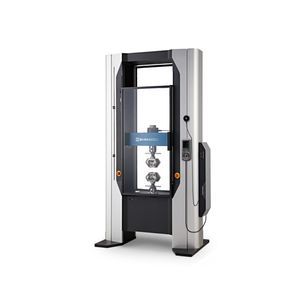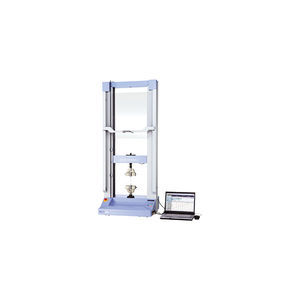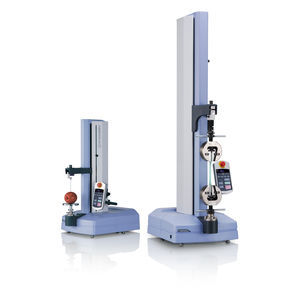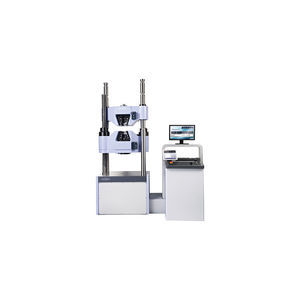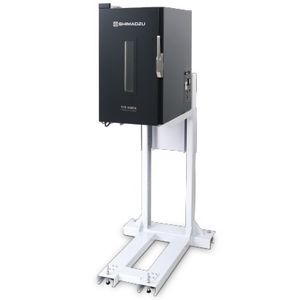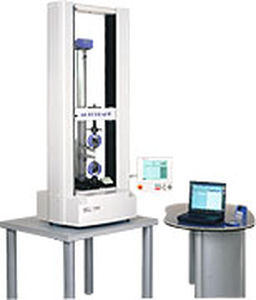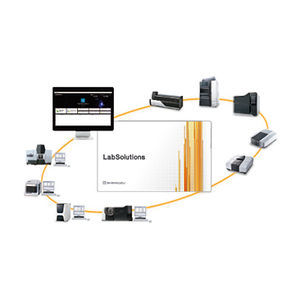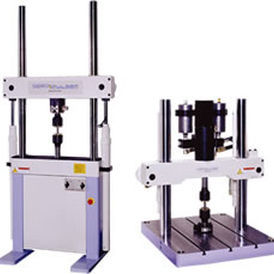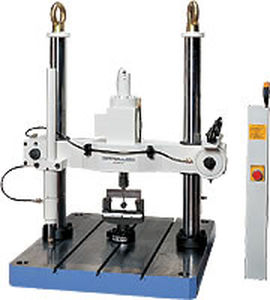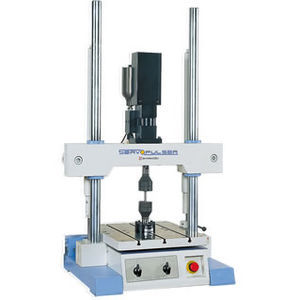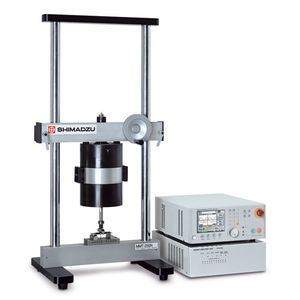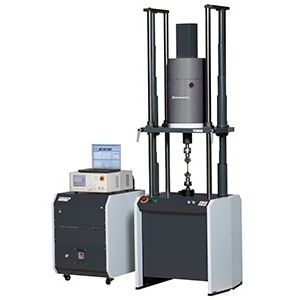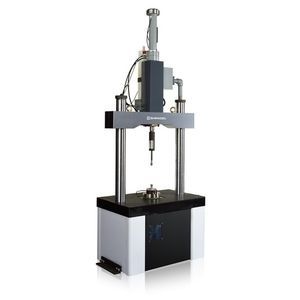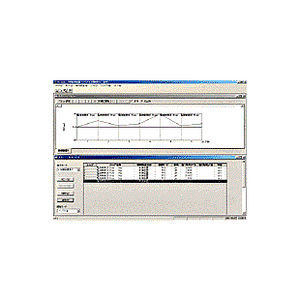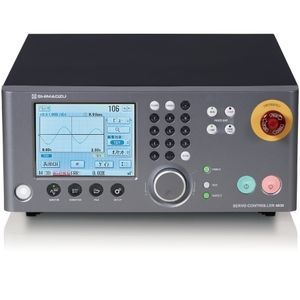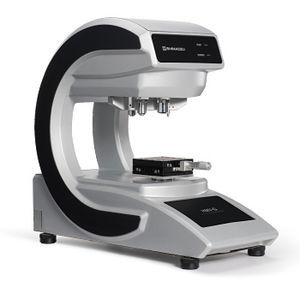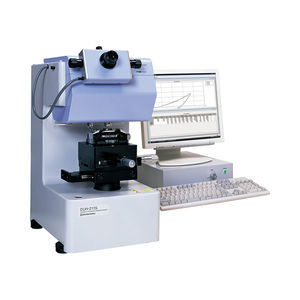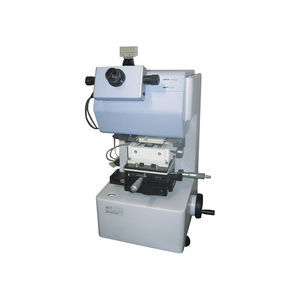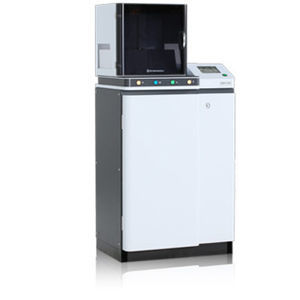
Capillary rheometer CFT-EX series

Add to favorites
Compare this product
Characteristics
- Type
- capillary
Description
This device evaluates viscosity properties from the relationship to temperature, pressure, and flow velocity, etc., for flowable materials. It demonstrates its power in research and development, production processes, and quality control for various flowable materials such as thermoplastic resins, thermosetting resins, toner, composite materials, ceramics and rubbers.
Efficient Testing with a Reliable Evaluation Method
Evaluation of Softening and Flow Beginning Temperature Using Constant Heating Rate Testing
Viscosity Evaluation of Thermosetting Resin
High test force precision, provided by a weight-based constant test force loading system, enables high measurement reproducibility and test efficiency. In addition to increased operability to improve testing efficiency, accurate temperature measurement and stable control are provided through a reliable temperature control system.
Evaluation of Softening and Flow Beginning Temperature Using Constant Heating Rate Testing
Testing methods include a constant temperature method a constant heating rate method. The constant heating rate method permits measurement of resin softening temperature and flow beginning temperature to determine shear rate and viscosity at each temperature and cannot be conducted using other capillary type rheometers.
Viscosity Evaluation of Thermosetting Resin
Weight-based constant test force extrusion is used to measure the amount of piston movement (movement speed), which is used to determine viscosity. Highly reproducible measurements of fluidity of thermosetting resins, which cure rapidly due to heating
VIDEO
Catalogs
No catalogs are available for this product.
See all of Shimadzu France‘s catalogsRelated Searches
- Test machine
- Test cabinet
- Indentation hardness tester
- Material testing machine
- Automatic test machine
- PC-controllable testing machine
- Temperature test cabinet
- Compression test machine
- Benchtop indentation hardness tester
- Digital hardness tester
- Industrial test machine
- Universal test machine
- Tensile test machine
- Precision test machine
- Vickers indentation hardness tester
- Hydraulic test machine
- Automatic indentation hardness tester
- Fatigue test machine
- Resistance test machine
- Digital test machine
*Prices are pre-tax. They exclude delivery charges and customs duties and do not include additional charges for installation or activation options. Prices are indicative only and may vary by country, with changes to the cost of raw materials and exchange rates.


